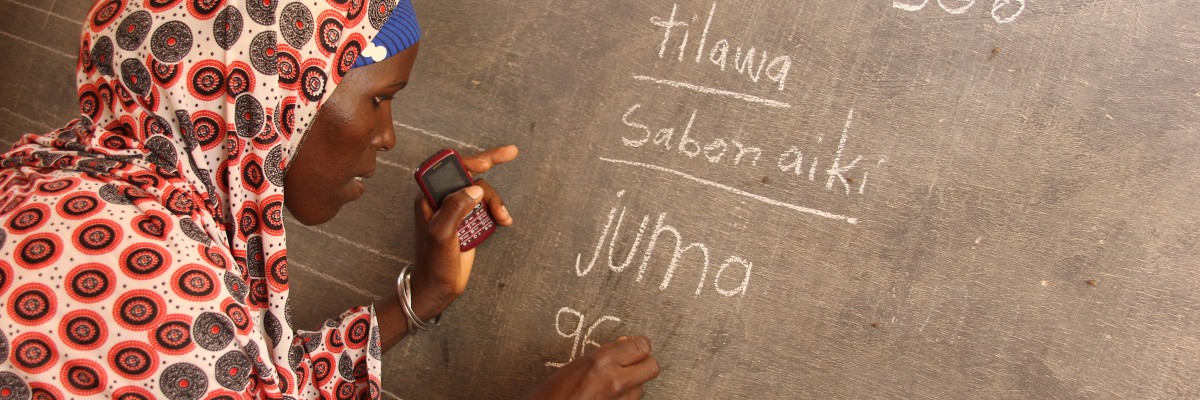Country contact shim
Speeches Shim
West Africa’s Sahel is an arid band stretching 1.1 million square miles from Senegal to Chad with limited annual rainfall. This zone has a combustible mix of deeply rooted chronic poverty, food insecurity and recurrent drought that drive the same vulnerable communities into crisis year after year.
In 2012, the Sahel experienced its third harsh drought in a decade, throwing more than 18 million people into severe food insecurity, many of whom had barely had time to recover from the region’s food crises of 2008 and 2010. At the start of 2015, there were over 20 million food insecure people and nearly six million malnourished children. The Sahel faces high childhood malnutrition and underdevelopment under the best of circumstances. One poor harvest can push millions of the most vulnerable from severe risk into a humanitarian crisis.
BUILDING RESILIENCE
For USAID, resilience is the ability of people, households, communities, countries, and systems to mitigate, adapt to, and recover from shocks and stresses in a manner that reduces chronic vulnerability and facilitates inclusive growth.
Building resilience – embracing more inclusive, accountable governance and stronger livelihoods – is vital to help the people of the region cope with the next shock and eventually break out of chronic poverty.
To significantly enhance the resilience of beneficiaries in the Sahel, our programming aims to increase sustainable economic well-being, strengthen institutions and governance, and improve health and nutrition outcomes.
COORDINATING CHANGE
USAID’s approach seeks to leverage existing humanitarian and development assistance to reduce risk, build resilience and facilitate inclusive economic growth among chronically vulnerable households across the Sahel.
To build upon previous investments and catalyze sustainable, transformational change, the USAID Sahel Regional Office coordinates with regional institutions, national governments, U.N. agencies, NGOs, community based organizations, research institutions, and other partners through its participation in the Global Alliance for Resilience in the Sahel (AGIR-Sahel) partnership.
Additionally, collaboration with the US Geological Survey provides crucial GIS data that has allowed USAID and partners to establish a baseline to effectively monitor the re-greening efforts across the Sahel in order to mitigate the impacts of drought and other climatic changes.


Comment
Make a general inquiry or suggest an improvement.